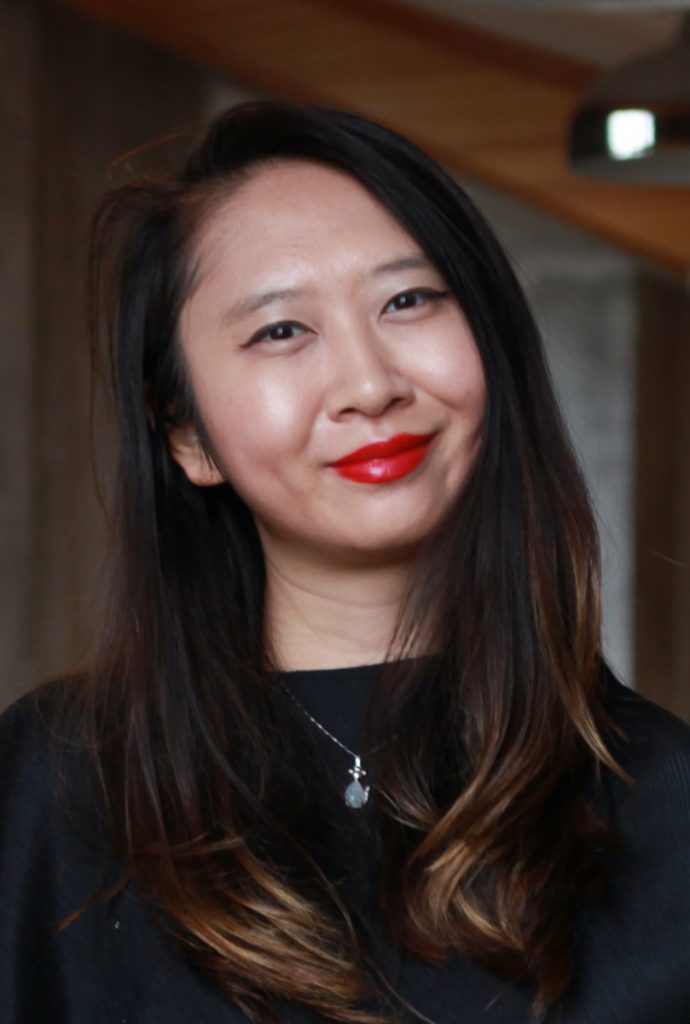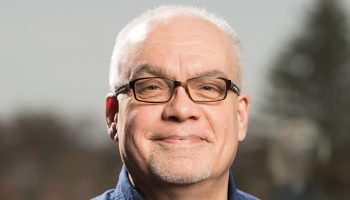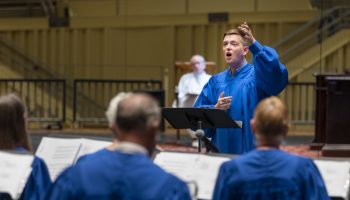
SARAH VEST – STAFF WRITER
When someone says “speculative fiction” or “science fiction,” most people think of books like Dune or The Handmaid’s Tale. For Sally Wen Mao — Week Nine’s poet-in-residence for the Chautauqua Writers’ Center — something a little different comes to mind.
“I think that’s the general perception, but I think poetry constantly uses the speculative because poetry is constantly referencing mythology, fairy tales and science,” Mao said.
Mao is the author of two poetry collections: Oculus and Mad Honey Symposium. She is the recipient of a Pushcart Prize and a National Endowment for the Arts fellowship. Recently she was a Cullman Fellow at the New York Public Library, a Jenny McKean Moore Writer in Washington at George Washington University and a Shearing Fellow at the Black Mountain Institute. She is also a Kundiman fellow in both fiction and poetry. Both her prose and poetry have appeared in The Best American Poetry, The Paris Review, Poetry, Harper’s Bazaar, The Kenyon Review, Guernica and A Public Space.
She will be giving a Brown Bag lecture at 12:15 p.m. EDT Aug. 24 on the CHQ Assembly Virtual Porch on how speculative fiction fits into the world of poetry.
Mao will be touching on persona poems, a kind of poem that she defines as “a poem that’s written in the voice of somebody who is not the author.” The voice can be a made-up character, or that of a historical figure.
She featured persona poems in her book Oculus, which was a finalist for the Los Angeles Times Book Prize. In it, she included a poem titled “The Diary of Afong Moy,” which is a persona poem written from the perspective of the first Chinese woman to come to America, who was displayed like a live doll across the country.
“Speculative fiction writers actually do a lot of research, and I think it’s the same for poetry,” Mao said. “So the talk is also focused on ways that a poet can utilize research.”
Mao had noticed that other poets used speculative elements in their work, but she initially became interested in implementing speculative elements in her own poetry while writing Oculus. While working on that book, she discovered how much research actually goes into speculative fiction.
She said that she spent a lot of time researching her subjects’ lives in order to “embody their voices” and write a convincing persona poem. As a result, Mao wants to spend some time during her Brown Bag discussing research techniques that people can take home and apply to their own work.
Mao hopes that people walk away from her Brown Bag with “tools that they can use for their own poetic practice.” She also wants them to see poetry as a site where they can experiment with the speculative in their work.




